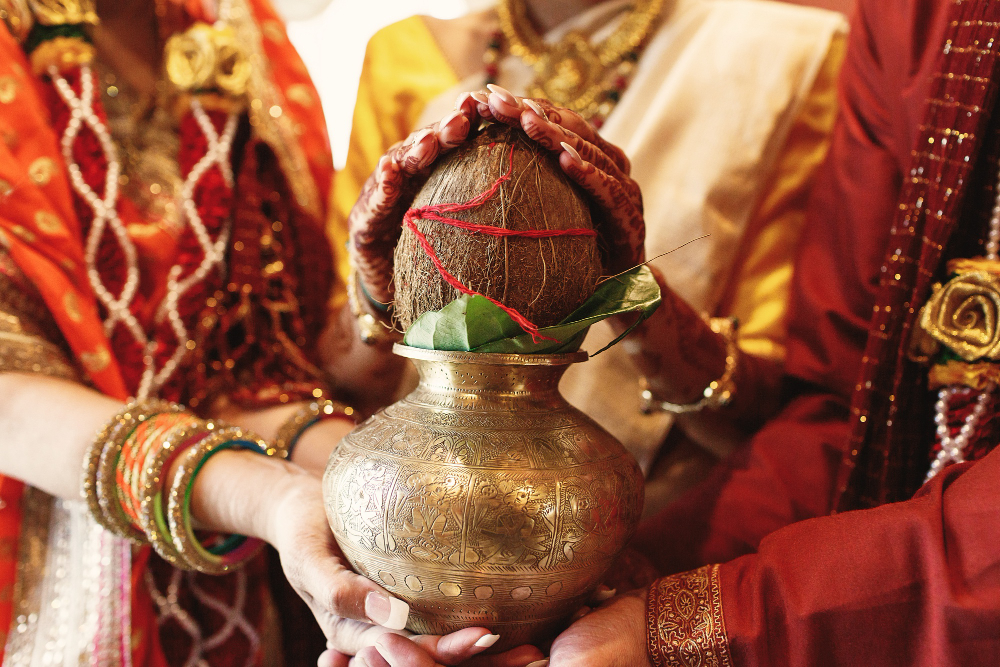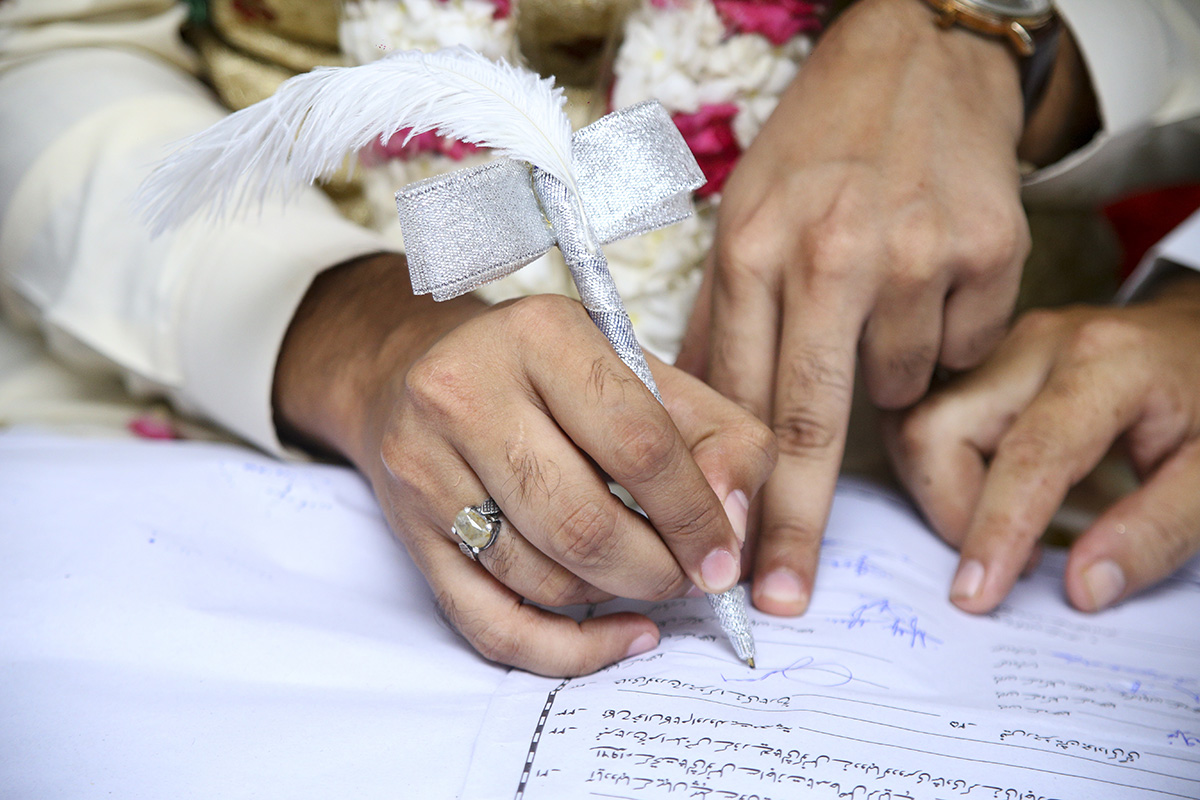KHA ADVOCATES provides expert legal services for NRIs in divorce, child custody, maintenance, and domestic violence cases under Hindu Marriage Act, Special Marriage Act, and Muslim Law. We offer seamless remote consultation, court representation via Power of Attorney, and end-to-end legal support for NRIs worldwide.




















Consultant with your lawyer.
Submit all required documents.
Signature of both Husband and wife on the Divorce Petition.
Filling the Petition before appropriate Court of Law.
First Day of Hearing for Reconciliation.
Final Day for passing decree of divorce, if reconciliation fails.
Once the mandatory waiting period are completed without success, the court passes the final decree of divorce.

Our seasoned lawyers specialize in all aspects of matrimonial disputes, ensuring expert legal guidance tailored to your case.

From consultation to final decree, we handle every step of the divorce process efficiently under one roof.

We offer assertive and professional representation to protect your rights and interests during court proceedings.

Clear communication, honest advice, and confidential handling make us a reliable legal partner.

Quality legal services at affordable rates, with no hidden fees — we value your time and money.
A: NRIs can file for divorce in India under applicable personal laws. The process involves filing a petition before the Family Court having jurisdiction, serving notice to the other spouse, and attending hearings. Representation through a lawyer or power of attorney is common if one party is abroad.
A: Yes, NRIs can file abroad, but for recognition in India, the divorce must be granted on grounds recognized under Indian law, and both parties should have participated in the proceedings.
A: Divorce is governed by personal laws such as the Hindu Marriage Act, 1955; Special Marriage Act, 1954; and Mohammedan Law, depending on the religion and marriage registration.
A: Not always. NRIs can appoint a power of attorney or request the court to allow virtual appearance for certain stages.
A: Yes, power of attorney can be executed by the NRI abroad and notarized or attested by the Indian Embassy for legal validity.
A: Common challenges include jurisdictional issues, prolonged litigation, coordination across countries, and enforcement of orders abroad.
A: Jurisdiction is based on the place of marriage, last place of cohabitation, or current residence of either spouse in India.
A: Typically 6 months to 1 year. Courts may waive the waiting period for expeditious disposal if separation is evident and there’s no scope for reconciliation.
A: Yes, the Supreme Court has allowed waivers in appropriate cases where conditions are met, such as irretrievable breakdown of marriage.
A: Many courts allow virtual appearances, especially for NRIs, but initial filing must usually be physical through counsel or authorized person.
A: Yes, the spouse abroad can participate via video conferencing or appoint a power of attorney to sign the petition and appear in court.
A: Yes, under Section 125 CrPC, Hindu Marriage Act, or Muslim Women (Protection of Rights on Divorce) Act, depending on the religion.
A: Courts consider factors like income, standard of living, assets, and liabilities of both parties, regardless of the country of residence.
A: Yes, interim maintenance can be sought for sustenance during the pendency of the case under relevant provisions.
A: Non-compliance can lead to execution proceedings, attachment of assets in India, or passport impounding in extreme cases.
A: Enforceability depends on mutual treaties and domestic laws of the foreign country. Legal assistance in that country may be required.
A: The welfare of the child is paramount. Custody may be awarded to either parent based on stability, best interests, and capability.
A: No, removing a child without consent may lead to legal action under kidnapping or child abduction laws.
A: Court-approved visitation plans and legal assistance through Indian and foreign courts can help regulate such rights.
A: The parent can file for custody or visitation rights and may appear via video conferencing or through legal representation.
A: Yes, through a power of attorney or written complaint to the Indian Embassy or local authorities who can coordinate with Indian police.
A: Protection orders, residence rights, monetary relief, custody orders, and compensation orders.
A: Yes, both can proceed independently under their respective legal provisions.
A: Yes, Section 20 and 23 allow interim monetary relief and protection measures during the pendency of the case.
A: Gather evidence, file for anticipatory bail, and apply for quashing of false FIRs under Section 482 CrPC.
A: Approach High Court for FIR quashing, apply for bail, and file a counter complaint for defamation or misuse of law.
A: Yes, through legal counsel in India under Section 482 CrPC before the High Court.
A: Legal remedy through writ petition in High Court challenging arbitrary impounding; the court may grant relief.
A: Yes, through appropriate writ petitions. Courts may quash LOCs if found unjustified or without due procedure.
